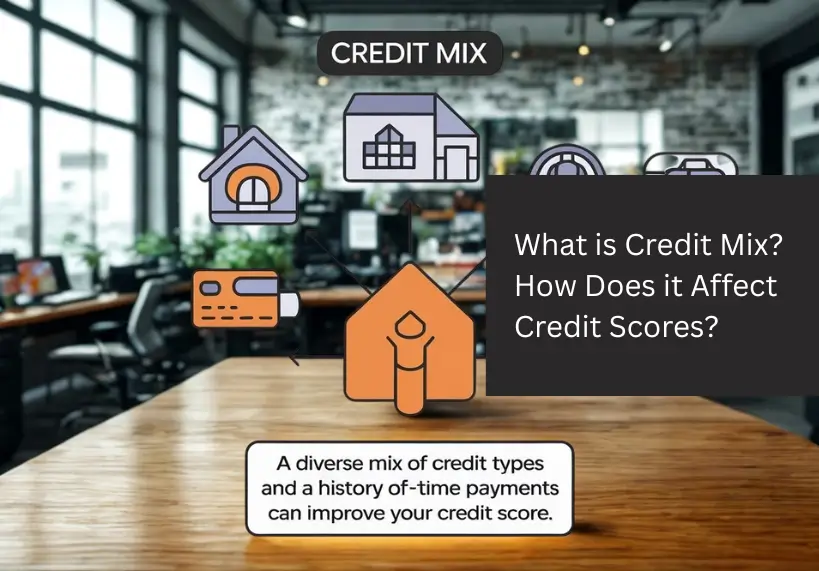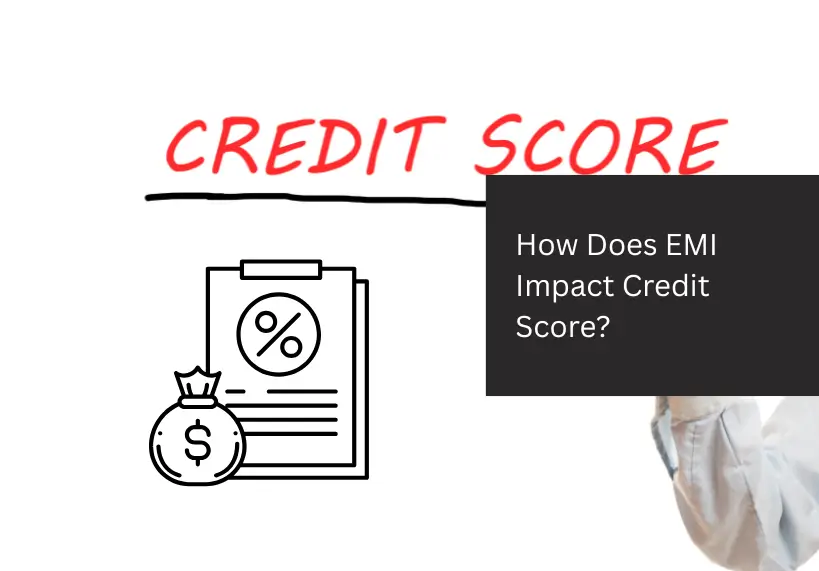
Personal finance isn’t just about how much you earn or how promptly you pay your bills, it’s also about how you manage and balance your different types of borrowings. For young, salaried professionals in India especially when applying for a personal loan the term “credit mix” can be a game changer for both eligibility and long-term financial health.
In this comprehensive guide, we’ll explain what credit mix is, why it’s important for your credit score, how you can build a healthy mix, and the practical steps you can take to position yourself for the best possible loan deals.
Credit Mix Defined: The Basics
Credit mix refers to the variety of credit accounts you maintain such as personal loans, credit cards, home loans, car loans, and even education loans. These fall broadly into two categories:
- Secured loans: Backed by collateral (like a home or car loan)
- Unsecured loans: No collateral required (like personal loans, credit cards)
Example: If you’re repaying a home loan (secured) and also have a credit card (unsecured), you have a diverse credit mix. If all your credit is from just credit cards, or only one personal loan, your credit mix is limited.
Why Does Credit Mix Matter for Your Credit Score?
Credit bureaus like CIBIL, Experian, and Equifax all use credit mix as one of the main factors (about 10% weightage) when calculating your credit score. A well-balanced credit mix signals to lenders that you can responsibly handle different forms of credit and are less of a risk.
Key reasons credit mix affects your score:
- Shows lenders you can manage both short-term and long-term debts.
- Reduces perceived lending risk, often resulting in better interest rates and approval odds.
- Demonstrates long-term, responsible financial behaviour, based on historical data across account types.
The Main Types of Credit Accounts
1. Revolving Credit:
- Credit cards, personal lines of credit.
- You can borrow, repay, and re-borrow within your credit limit. Payment obligations vary each month.
2. Installment (Term) Credit:
- Personal loans, home loans, auto loans, education loans.
- You borrow a lump sum and pay it back in fixed monthly EMIs over a set term.
Having both of these improves your credit mix and can gradually boost your credit score.
How Does Credit Mix Affect Credit Scores?
Suppose you have only one type of credit – just a credit card. A lender may worry you’ve never managed a longer-term loan (like a personal loan). On the other hand, if you have a home loan, a personal loan, and a credit card, and you manage all three well, you’re demonstrating reliable financial behaviour across types of debt. That’s what lenders (and credit bureaus) want to see.
- FICO Score and CIBIL Score: Both assign around 10% of your score to the diversity of your credit types.
- A healthy mix can increase your score, while reliance on a single type may limit it, even if you have a good payment history.
Why Do Lenders and Credit Bureaus Value Credit Mix?
1. Risk Management:
Lenders see diversification as proof you aren’t dependent on just one credit source. This helps them assess your resilience in various situations useful for approving personal loans or increasing your credit limit.
2. Understanding Financial Behaviour:
Managing both a credit card and a car loan suggests you can handle both short-term and long-term repayment commitments.
3. Better Lending Terms:
Applicants with good credit mix and history are usually offered lower interest rates, higher loan amounts, and faster approvals.
What is a “Good” Credit Mix for Indian Salary-Earners?
No magic number fits everyone, but generally, 3–5 active accounts across loan and card types, responsibly managed, is considered healthy. For example:
- 1–2 credit cards
- 1 personal loan
- 1 home/car/education loan (as per your stage in life)
Tip: Don’t take new loans just to expand your credit mix; instead, build naturally as your needs change.
Credit Mix: Common Misconceptions
1. More is Better:
Truth: Too many open accounts (especially new ones) can lower your score, as it may appear you’re credit-hungry or financially overextended.
2. Only Installment Loans Matter:
Truth: Both revolving (cards) and installment (loans) are important. Balance matters more than quantity.
3. You Need a Loan for a Good Credit Score:
Truth: Yes, loans can help, but responsible use of a single credit card also builds history. Don’t rush to borrow if not needed.
How to Build and Maintain a Strong Credit Mix
1. Assess Your Current Credit Situation:
- Review your credit report for types and counts of loans and cards.
2. Borrow Responsibly:
- Don’t open new accounts only to improve your mix. Each application (“hard inquiry”) temporarily dings your score.
3. Consider Both Secured and Unsecured Credit:
- If you already have a credit card, a personal loan can diversify your mix.
4. Pay Attention to Credit Utilisation and Repayment:
- Keep card spending below 30% of your limit and always pay EMIs on time. The mix won’t help if repayments are erratic.
5. Monitor Regularly:
- Check reports at least annually for errors. Even a mistakenly closed account can affect your mix.
6. Avoid Closing Old Accounts:
- Older accounts help lengthen your credit history, which further supports your credit profile.
Practical Steps for Salaried Borrowers: Applying These Insights
- If you’re eyeing a personal loan or credit card, first review your existing credit types.
- Balance is key don’t open a new loan or card solely for mix, but do consider diversity if you’ve only ever managed one type.
- Choose lenders like LoanTap who value transparent eligibility and help you understand your overall credit profile, not just your immediate score.
- When possible, combine secured and unsecured accounts. For example, taking a personal loan for home improvement alongside an existing home or education loan can improve your mix.
- If consolidating debt, avoid closing all old accounts at once consider how it influences your overall credit history and mix.
FAQs: Credit Mix and Credit Scores
Q1: Does having only one type of credit hurt my score?
A: It may not hurt your score severely, but a limited mix can mean slower growth over time. Lenders might see you as untested for new types of credit.
Q2: Will opening many accounts quickly boost my score?
A: No. Too many new accounts (and inquiries) can actually lower your score and signal risk. Build your mix over time.
Q3: What’s better more loans or more cards?
A: A balance of both, managed properly, is best. It’s how you use them, not just what you hold that matters.
Q4: If I close a paid-off loan, does it decrease my score?
A: It may have a short-term impact, especially if it lengthens your average account age. However, paid-off accounts in good standing help your history.
Q5: Can a personal loan from LoanTap help my credit mix?
A: Yes! If you’ve only had cards before, a personal loan (when managed well) adds variety and LoanTap makes the process easy, secure, and transparent.








